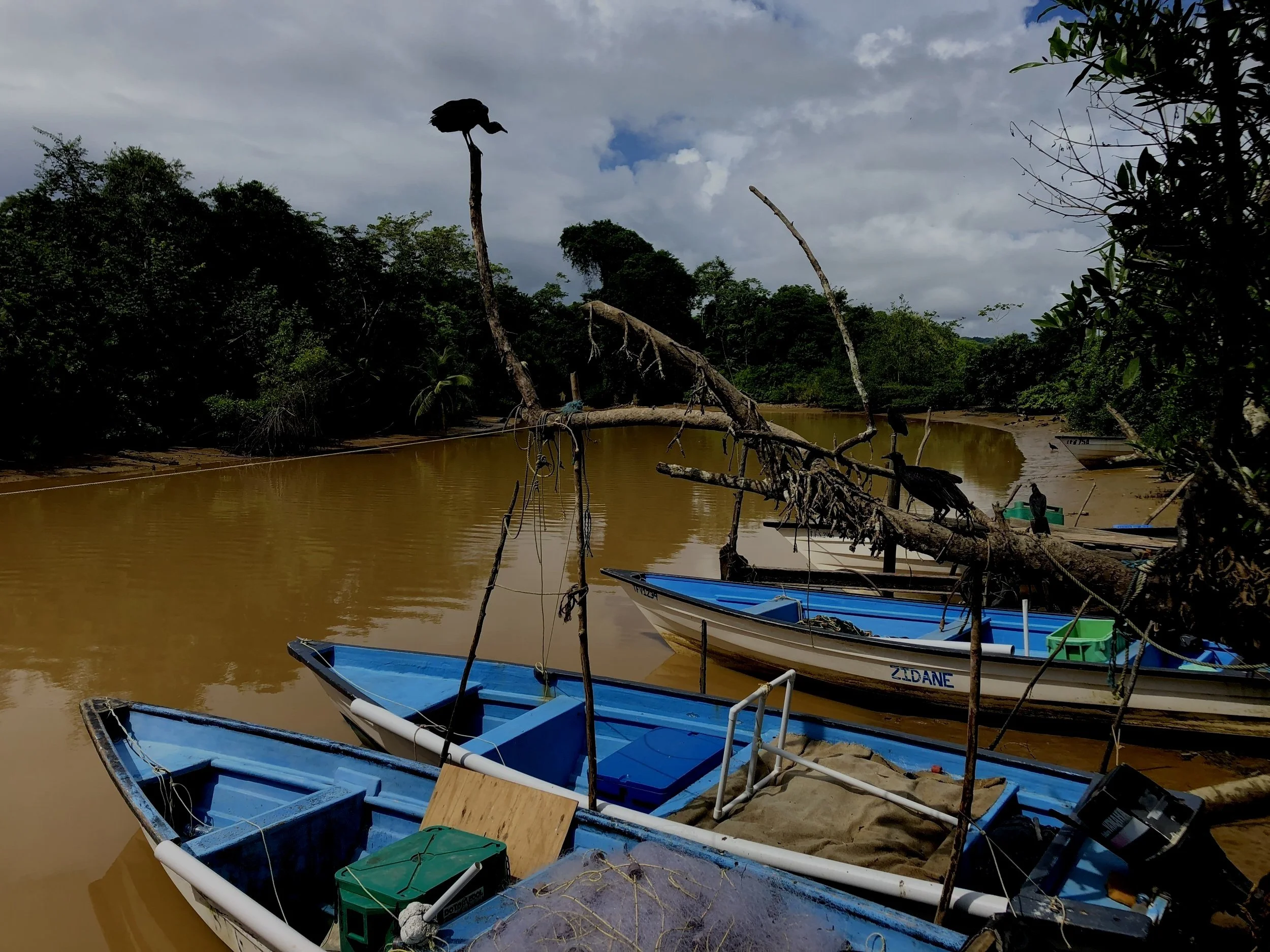
Convergent Crimes
Property Theft
Property theft refers to the unlawful taking of public or private assets, including land, natural resources, equipment, or government property, with the intent to permanently deprive the rightful owner. In the Caribbean, property theft may involve encroachment on protected areas, illegal occupation of conservation lands, and the theft of equipment used for monitoring or enforcement. These acts often occur alongside wildlife crime, particularly where natural resources are targeted for illegal extraction or trafficking.
Property theft disrupts conservation and enforcement efforts by stripping agencies and communities of the tools and spaces they rely on to protect biodiversity. It undermines the rule of law and creates openings for other wildlife crimes, including illegal hunting and agricultural clearance. The theft of land and resources not only threatens biodiversity conservation but also deepens inequality, disrupts livelihoods, and weakens community well-being—especially in rural or Indigenous areas with limited legal protections. In some cases, stolen or misappropriated land becomes a base for ongoing illegal wildlife activities, compounding ecological damage.
As property theft increasingly intersects with wildlife crime, addressing it requires stronger land tenure systems, improved surveillance, and legal safeguards for conservation areas. Collaborative enforcement and community-led stewardship models may also help prevent encroachment and support long-term protection of Caribbean biodiversity.
Related Blogs
Our blog section is growing. Check back soon for new posts related to this topic.
